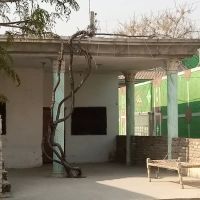Hujra Qutub Shahe Introduce
For us, the people of Khyber Pakhtunkhwa, certain places hold a special significance beyond their physical structure. They are repositories of our culture, traditions, and community spirit. While the term "university" might typically evoke images of formal academic institutions, some local landmarks, though not universities in the conventional sense, serve as profound centers of informal learning, social cohesion, and cultural preservation. Hujra Qutub Shahe in Manki is one such place, representing a vital element of our social fabric.
Hujra Qutub Shahe, located in Manki, Pakistan, is not a university in the modern, degree-granting academic sense. Instead, it embodies the traditional Pashtun concept of a "hujra." A hujra is a community guesthouse or common room, typically found in Pashtun villages and towns, serving as a crucial social, cultural, and informal educational hub. These places are fundamental to our way of life, acting as venues for elders to impart wisdom, for community members to discuss local issues, for guests to be hosted, and for cultural events to unfold.
The name "Qutub Shahe" likely refers to its historical connection to the Qutub Shahi lineage or an influential figure named Qutub Shah. Given that the Awan tribe, a significant community in Northern Pakistan including parts of Khyber Pakhtunkhwa, claims descent from an ancestor named Qutub Shah, who arrived with Mahmud of Ghazni, this hujra might hold particular historical or ancestral significance for a specific lineage or broader community in Manki. Such a historical link would further elevate its importance as a center of identity and heritage.
In our local context, a hujra is where news is shared, disputes are mediated, social bonds are strengthened, and younger generations learn about their customs and history through direct interaction and storytelling. While it doesn't offer formal degrees, the "services" it provides are invaluable for community learning and cultural continuity. For locals in Manki, Hujra Qutub Shahe represents a trusted space where community values are upheld and knowledge is transmitted through an informal, yet deeply effective, traditional system.
Understanding the role of such a place is essential to appreciating the nuances of our local culture and social structures. It’s where generations connect, and where the wisdom of our elders continues to guide our community. This article aims to shed light on the significance of Hujra Qutub Shahe, from our perspective as local users in Khyber Pakhtunkhwa.
Hujra Qutub Shahe is located at 285H+HRQ, Awan St, Manki, Pakistan. Its placement on "Awan Street" in Manki suggests a strong connection to the local Awan community, further cementing its role as a focal point for this specific group, as well as a general community asset. Manki, being a local settlement, ensures that the hujra is highly accessible to its residents. For those living within Manki and its immediate surroundings, reaching Hujra Qutub Shahe is generally straightforward, often a short walk or a brief ride on local transport.
The accessibility of a hujra is crucial to its function. It needs to be easily reachable by community members for daily gatherings, unexpected visits, and ceremonial events. Its central or well-known location within Manki ensures that it remains a readily available space for social interaction and community engagement. This local integration is fundamental to the hujra's role in fostering cohesion and maintaining traditional practices within the community.
As a traditional "hujra" and not a modern academic institution, Hujra Qutub Shahe does not offer formal educational services with curricula or degrees. Instead, its "services" are deeply rooted in its cultural and social functions, providing intangible but invaluable benefits to the local community:
-
Community Gathering Space: It serves as a central meeting point for male members of the community, where they can socialize, discuss daily affairs, and stay connected with each other.
-
Informal Learning and Mentorship: Elders often gather here, and younger generations can learn from their wisdom, experiences, and advice. It's a place for storytelling, passing down traditions, and discussing local history and ethics, essentially acting as an informal school of life and culture.
-
Conflict Resolution and Mediation: Many community disputes or disagreements are informally discussed and resolved within the hujra, with elders often playing the role of mediators, ensuring local harmony and justice.
-
Guest Hospitality: The hujra traditionally serves as a guesthouse for visitors from outside the village, offering them hospitality and a safe place to stay, reflecting the Pashtun code of 'Pashtunwali' (the way of the Pashtuns).
-
Cultural and Ceremonial Hub: It is often the venue for various cultural events, celebrations, and ceremonies, ranging from engagements and weddings to funeral gatherings and religious discussions, cementing its role in the community's cultural life.
-
News and Information Exchange: The hujra acts as a central point for sharing local news, announcements, and information, keeping the community well-informed about events and decisions affecting their lives.
-
Preservation of Tradition: By maintaining a space for traditional gatherings and practices, the hujra plays a vital role in preserving Pashtun culture, language, and customs for future generations.
Hujra Qutub Shahe, as a traditional community space, possesses unique features and highlights that underscore its significance in Manki and the broader Khyber Pakhtunkhwa region:
-
Embodiment of Pashtunwali: The hujra is a tangible representation of 'Pashtunwali,' the traditional Pashtun code of conduct, which emphasizes hospitality, bravery, honor, justice, and self-respect. Its very existence highlights the community's adherence to these values.
-
Historical and Ancestral Connection: Given the likely connection to "Qutub Shah" and the Awan community, this hujra probably holds deep historical and ancestral significance for local families, linking them to their heritage and lineage.
-
Central Hub for Social Cohesion: It serves as the primary male social gathering place, fostering strong bonds, mutual support, and a collective identity among community members. This social cohesion is vital for village harmony and collective decision-making.
-
Informal Educational Center: While not a formal school, it is a crucial space for intergenerational learning. Elders pass down oral traditions, historical narratives, ethical guidance, and practical wisdom, ensuring the continuity of cultural knowledge.
-
Dispute Resolution Mechanism: The hujra often functions as an informal court or mediation center where local disputes are discussed and resolved by elders, maintaining peace and order within the community without recourse to external legal systems.
-
Symbol of Community Pride: For the residents of Manki, Hujra Qutub Shahe is likely a source of community pride, representing their shared heritage, hospitality, and enduring traditions.
-
Architectural Reflection of Local Culture: The architecture of hujras often reflects traditional local building styles, materials, and aesthetics, making them a part of the cultural landscape of the village.
As a traditional community gathering space, Hujra Qutub Shahe does not offer commercial "promotions" or "special offers" in the way a business or formal educational institution would. Its "offerings" are intrinsic to its cultural and social function and are freely available to the community:
-
Free Community Space: The most significant "offer" is the provision of a free and open space for community members to gather, socialize, and interact. There are no fees for entry or participation in discussions.
-
Access to Elders' Wisdom: It provides invaluable, free access to the knowledge, experience, and wisdom of community elders, which is a traditional form of informal education and guidance.
-
Social Support Network: The hujra functions as a robust social support network, offering companionship, mutual assistance, and a sense of belonging to all male community members, without any cost.
-
Cultural Preservation: It offers a unique opportunity for younger generations to participate in and learn about their cultural heritage, traditions, and the Pashtun way of life directly, ensuring these practices continue.
-
Platform for Dialogue and Resolution: It provides a democratic and informal platform for discussing community issues and resolving conflicts peacefully among local residents.
The value of Hujra Qutub Shahe lies in these intangible, but immensely powerful, contributions to community life, which are continuously "offered" to the people of Manki.
As a traditional "hujra" and not a formal organization or business, Hujra Qutub Shahe typically does not have dedicated contact numbers or an official administrative office in the conventional sense. Its operations are communal and managed by local elders or influential families. However, its physical location is public knowledge within the community:
-
Address: 285H+HRQ, Awan St, Manki, Pakistan
-
Phone: There is no publicly available general phone number for the hujra itself. For any specific inquiries or to seek local contact, it is best to inquire with prominent community members or elders in Manki, particularly those residing on or near Awan Street. They can guide you on how to approach the appropriate individuals regarding the hujra's affairs or for assistance.
Visiting the location in person and engaging respectfully with local residents would be the most effective way to learn more about its current activities and the individuals responsible for its upkeep.
For the residents of Manki in Khyber Pakhtunkhwa, Hujra Qutub Shahe is profoundly suitable and indispensable, not as a modern "university" in the academic sense, but as a crucial pillar of their social, cultural, and informal educational landscape. Its suitability stems from its deep integration into the local way of life and the invaluable, albeit intangible, "services" it provides.
Firstly, it serves as the quintessential community gathering space, particularly for male members. In our Pashtun culture, the hujra is where social bonds are forged, strengthened, and maintained. It's a place for camaraderie, for sharing joys and sorrows, and for feeling connected to one's kin and community. This social cohesion is vital for maintaining harmony and mutual support in village life.
Secondly, Hujra Qutub Shahe acts as an informal university of life and tradition. Here, the wisdom of elders is passed down to younger generations through conversations, storytelling, and observing the conduct of their seniors. It's where cultural values, historical narratives, ethical codes (like Pashtunwali), and practical advice are imparted, ensuring the continuity of our rich heritage. This traditional form of learning is deeply effective and relevant to the local context, shaping well-rounded individuals rooted in their cultural identity.
Furthermore, its role in conflict resolution and mediation is invaluable. Many local disputes are addressed and often resolved peacefully within the hujra by respected elders, preventing escalation and maintaining communal peace. This function highlights its importance as a trusted and effective local governance mechanism.
Finally, its accessible location on Awan Street within Manki means it is a truly local asset, easily reached by residents. Its very existence is a testament to the community's commitment to preserving its traditions and providing a space for collective identity and progress. For the people of Manki, Hujra Qutub Shahe is not just a building; it is the beating heart of their community, a place where their past is honored, their present is navigated, and their future is shaped through shared wisdom and enduring bonds.
Hujra Qutub Shahe Photos
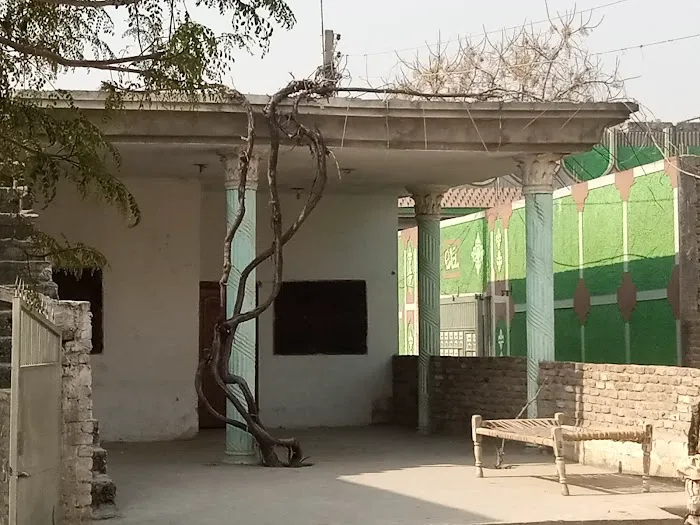
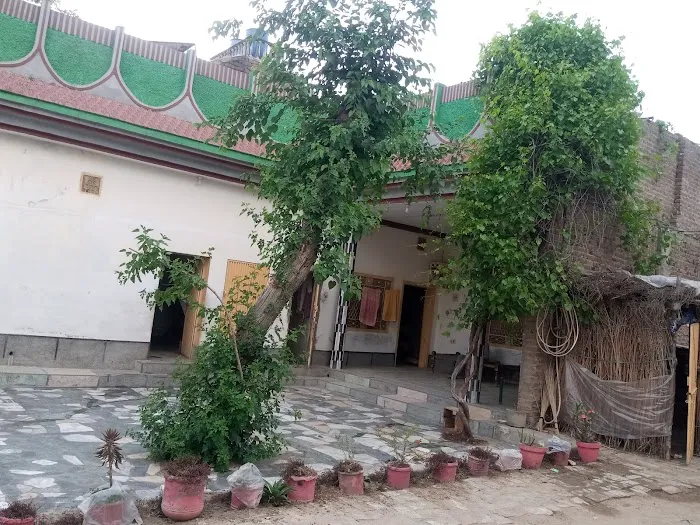
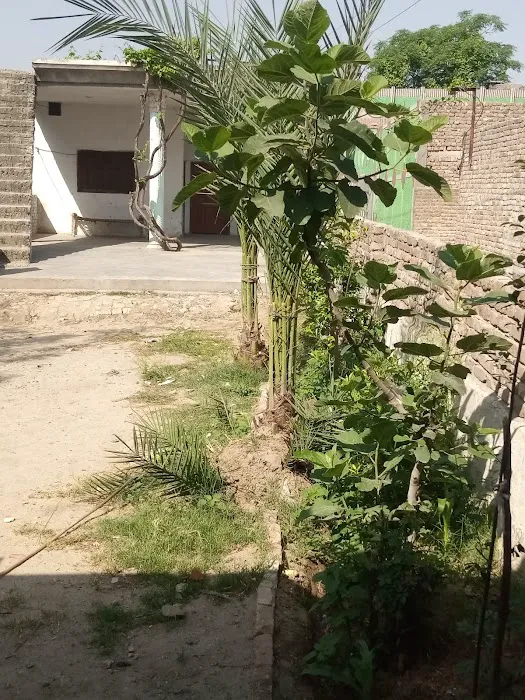
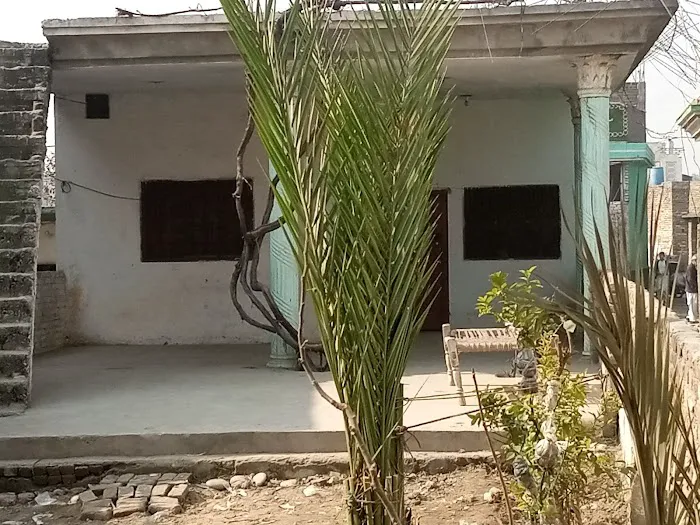
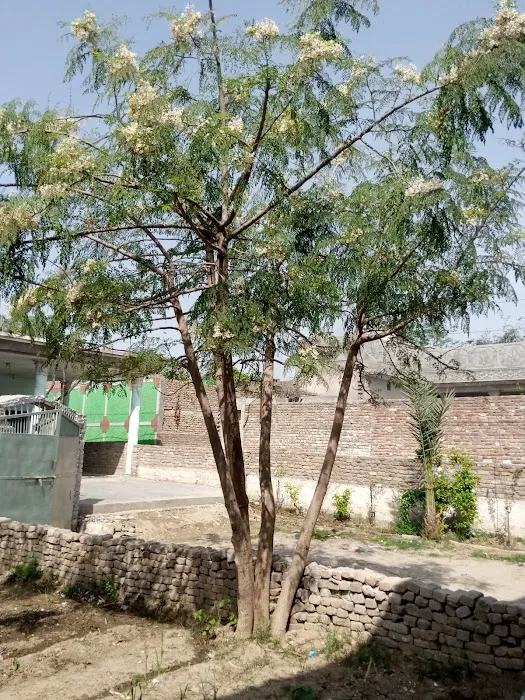
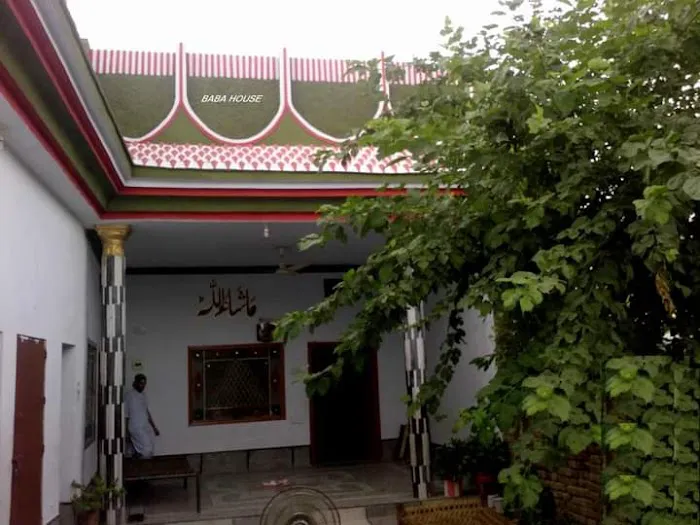
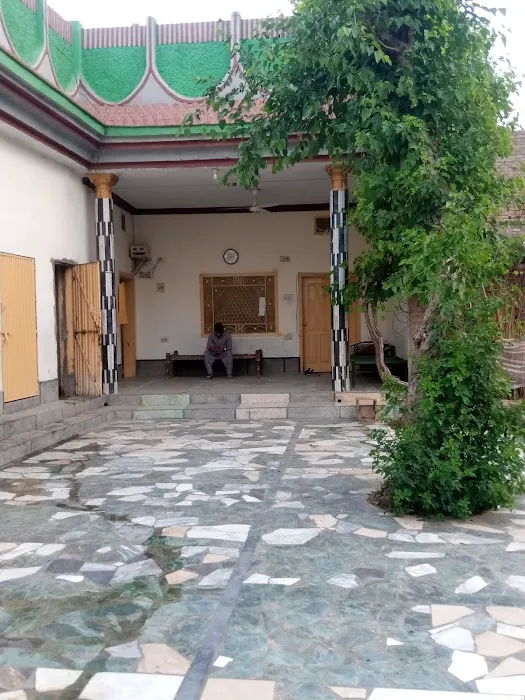
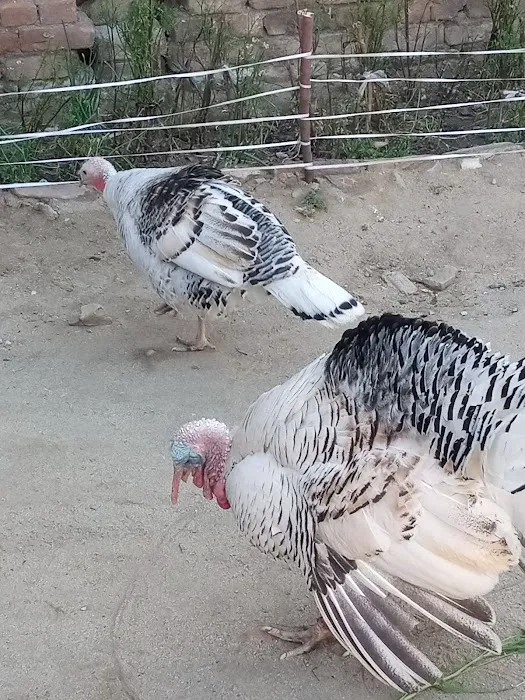
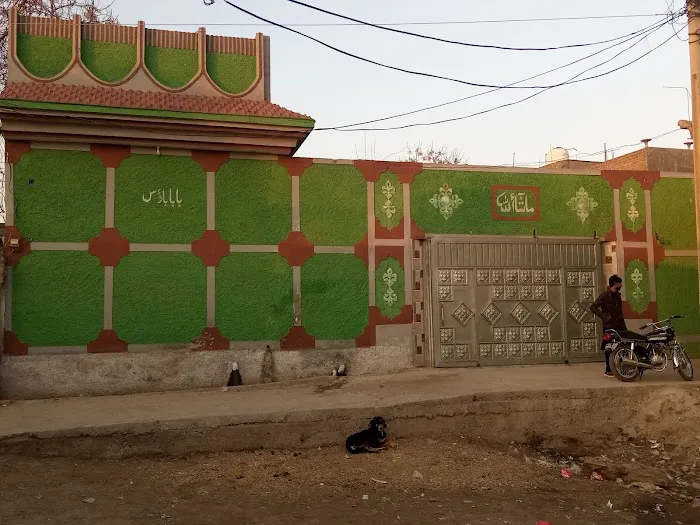
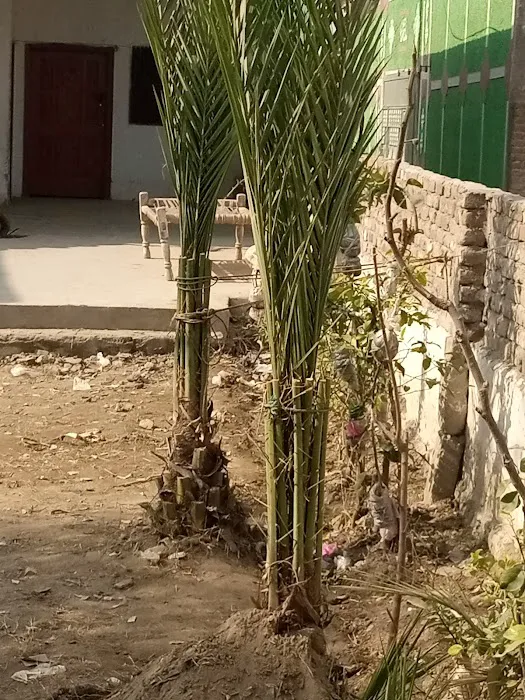
Hujra Qutub Shahe Location
Hujra Qutub Shahe
285H+HRQ, Awan St, Manki, Pakistan
-
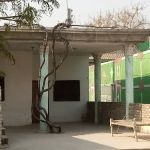 Hujra Qutub Shahe
Hujra Qutub Shahe
285H+HRQ
 Baba House
Baba House
Awan St
 The Muslim College of Science (Manki)
The Muslim College of Science (Manki)
Manki
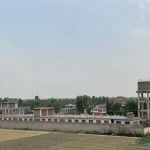 Govt. Girls Degree College Manki, Swabi
Govt. Girls Degree College Manki, Swabi
Jalsai Rd
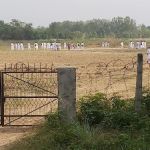 Govt Degree College Lahor (u06afu0648u0631u0646u0645u0646u0679 u0688u06afu0631u06cc u06a9u0627u0644u062c u0644u0627u06c1u0648u0631)
Govt Degree College Lahor (u06afu0648u0631u0646u0645u0646u0679 u0688u06afu0631u06cc u06a9u0627u0644u062c u0644u0627u06c1u0648u0631)
28FX+28V
 HIMS Hazara institute of Medical Sciences chota lahor swabi
HIMS Hazara institute of Medical Sciences chota lahor swabi
near Government college
 Waqas Ahmad Mobile Center
Waqas Ahmad Mobile Center
28XJ+G6R
 Government Degree College Yar Hussain Swabi
Government Degree College Yar Hussain Swabi
29W5+QV7
 University of Swabi Main Campus Main Gate
University of Swabi Main Campus Main Gate
AH1
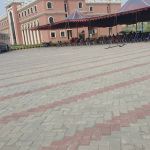 Examination Hall/ Exam section
Examination Hall/ Exam section
394V+MQJ
 Administration Block University of Swabi
Administration Block University of Swabi
396V+72
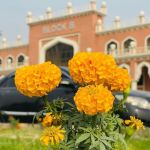 Department of Economics
Department of Economics
396W+823
 ACADEMIC BLOCK-B
ACADEMIC BLOCK-B
396W+823
Hujra Qutub Shahe Reviews
More University
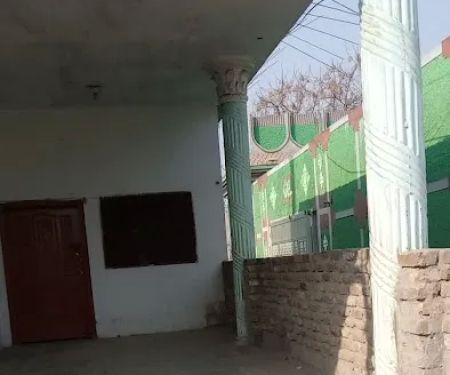 Baba House
5.0 (1 reviews)
Baba House
5.0 (1 reviews)
Awan St, Manki, 23590, Pakistan
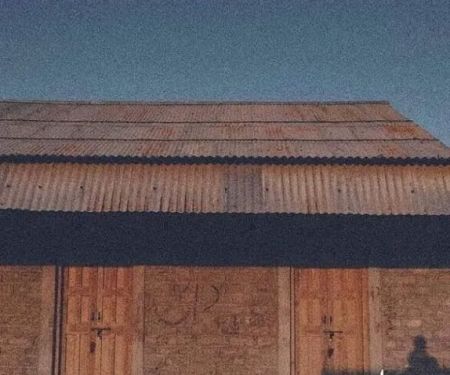 The Muslim College of Science (Manki)
5.0 (1 reviews)
The Muslim College of Science (Manki)
5.0 (1 reviews)
Manki, Pakistan
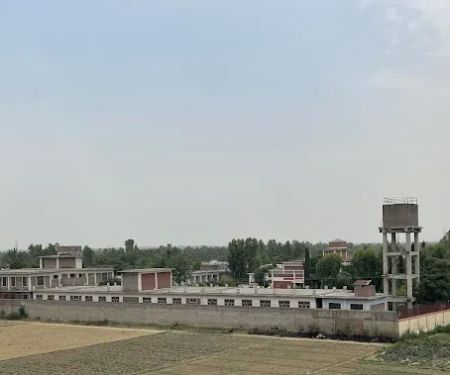 Govt. Girls Degree College Manki, Swabi
4.0 (9 reviews)
Govt. Girls Degree College Manki, Swabi
4.0 (9 reviews)
Jalsai Rd, Manki Village, Pakistan
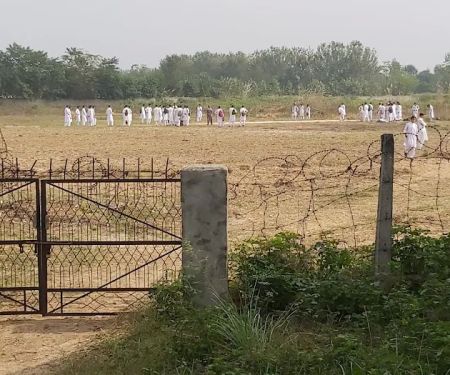 Govt Degree College Lahor (u06afu0648u0631u0646u0645u0646u0679 u0688u06afu0631u06cc u06a9u0627u0644u062c u0644u0627u06c1u0648u0631)
4.0 (60 reviews)
Govt Degree College Lahor (u06afu0648u0631u0646u0645u0646u0679 u0688u06afu0631u06cc u06a9u0627u0644u062c u0644u0627u06c1u0648u0631)
4.0 (60 reviews)
28FX+28V, Swabi - Jahangira Rd, Jehangu012bra, Pakistan
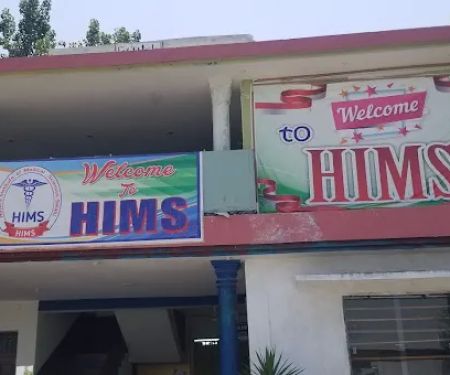 HIMS Hazara institute of Medical Sciences chota lahor swabi
0.0 (0 reviews)
HIMS Hazara institute of Medical Sciences chota lahor swabi
0.0 (0 reviews)
near Government college, Lahor, Pakistan
 Waqas Ahmad Mobile Center
0.0 (0 reviews)
Waqas Ahmad Mobile Center
0.0 (0 reviews)
28XJ+G6R, Jalbai, Jalsai, Pakistan
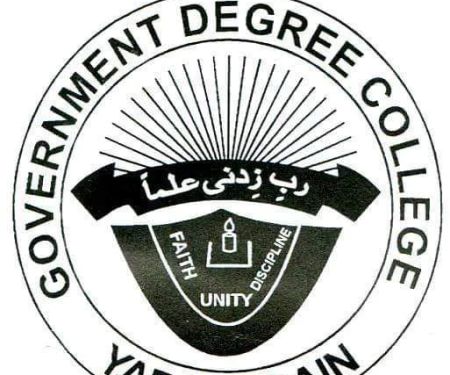 Government Degree College Yar Hussain Swabi
0.0 (0 reviews)
Government Degree College Yar Hussain Swabi
0.0 (0 reviews)
29W5+QV7, Yar Hussain Rd, Chota Lahore, Pakistan
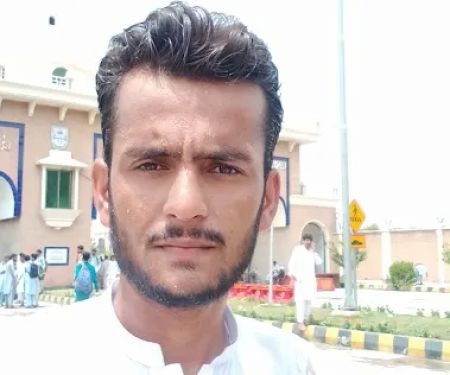 University of Swabi Main Campus Main Gate
3.0 (4 reviews)
University of Swabi Main Campus Main Gate
3.0 (4 reviews)
AH1, Pakistan
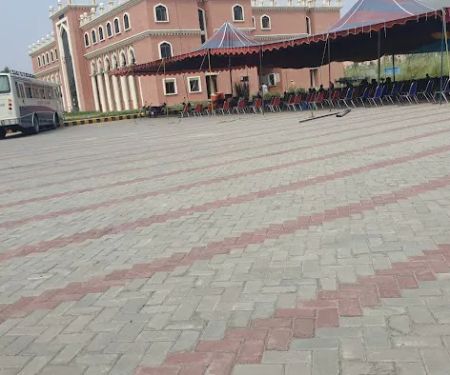 Examination Hall/ Exam section
4.0 (15 reviews)
Examination Hall/ Exam section
4.0 (15 reviews)
394V+MQJ, Pakistan
 Administration Block University of Swabi
0.0 (0 reviews)
Administration Block University of Swabi
0.0 (0 reviews)
396V+72, Chota Lahore, Pakistan
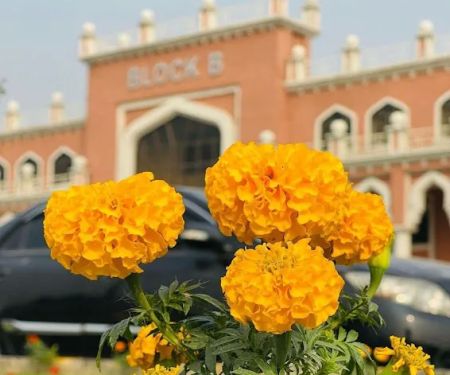 Department of Economics
5.0 (1 reviews)
Department of Economics
5.0 (1 reviews)
396W+823, Pakistan
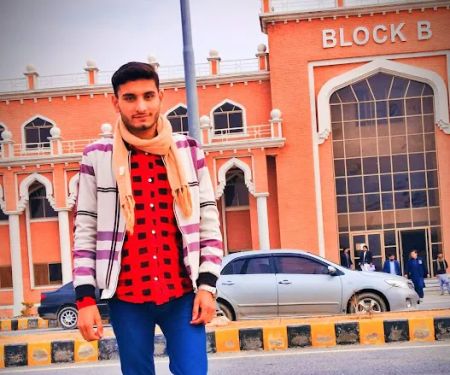 ACADEMIC BLOCK-B
4.0 (4 reviews)
ACADEMIC BLOCK-B
4.0 (4 reviews)
396W+823, Pakistan
Categories
Popular
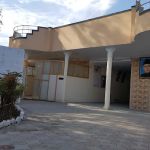 Indus Science college jand4.0 (7 reviews)
Indus Science college jand4.0 (7 reviews)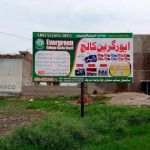 Evergreen college for girls5.0 (1 reviews)
Evergreen college for girls5.0 (1 reviews)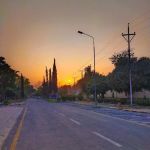 ARID AGRICULTURE UNIVERSITY3.0 (3 reviews)
ARID AGRICULTURE UNIVERSITY3.0 (3 reviews)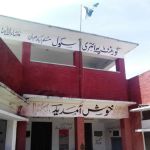 Government Primary School0.0 (0 reviews)
Government Primary School0.0 (0 reviews) Allied science school.0.0 (0 reviews)
Allied science school.0.0 (0 reviews)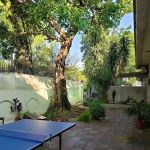 RISE Premier School of Accountancy, Islamabad Campus4.0 (43 reviews)
RISE Premier School of Accountancy, Islamabad Campus4.0 (43 reviews)Trending Blog Posts
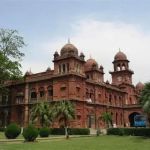 Most In-Demand Degrees in Pakistan 2025 – Top Fields for the Future
Most In-Demand Degrees in Pakistan 2025 – Top Fields for the Future Most In-Demand Degrees in Pakistan – What to Study in 2025 for a Future-Proof Career
Most In-Demand Degrees in Pakistan – What to Study in 2025 for a Future-Proof Career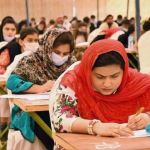 CSS 2025 Registration Deadline Announced by FPSC – Important Information for Aspirants
CSS 2025 Registration Deadline Announced by FPSC – Important Information for Aspirants Pakistan Education Census 2025 to Be Conducted in August: What to Expect
Pakistan Education Census 2025 to Be Conducted in August: What to Expect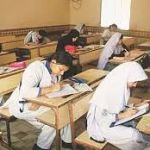 KP Inter Board Results to Be Announced District-Wise: What Students Need to Know
KP Inter Board Results to Be Announced District-Wise: What Students Need to Know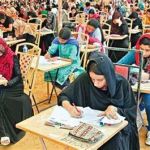 CSS 2025 Registration Deadline Announced by FPSC: Key Details and Preparation Tips
CSS 2025 Registration Deadline Announced by FPSC: Key Details and Preparation Tips 
